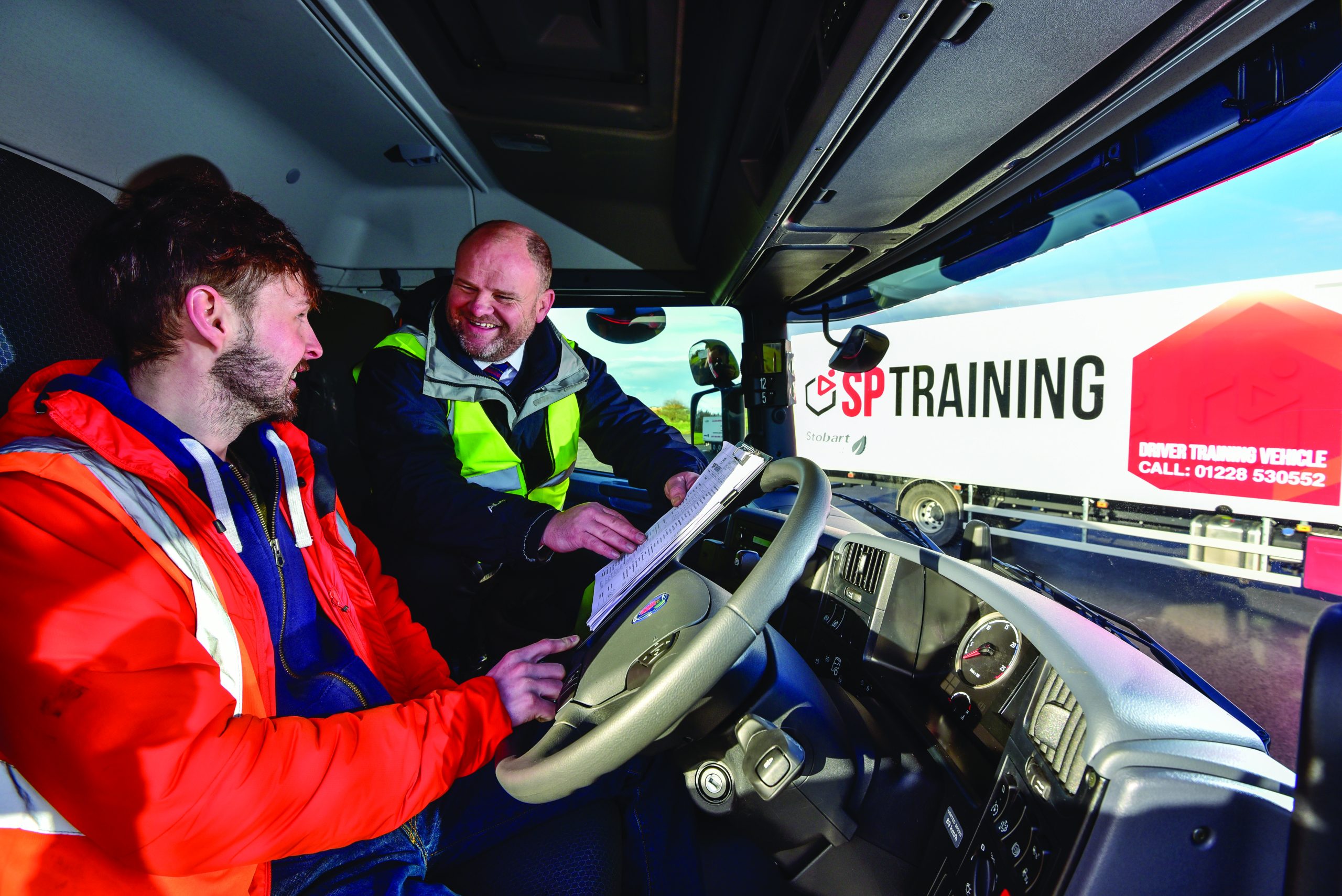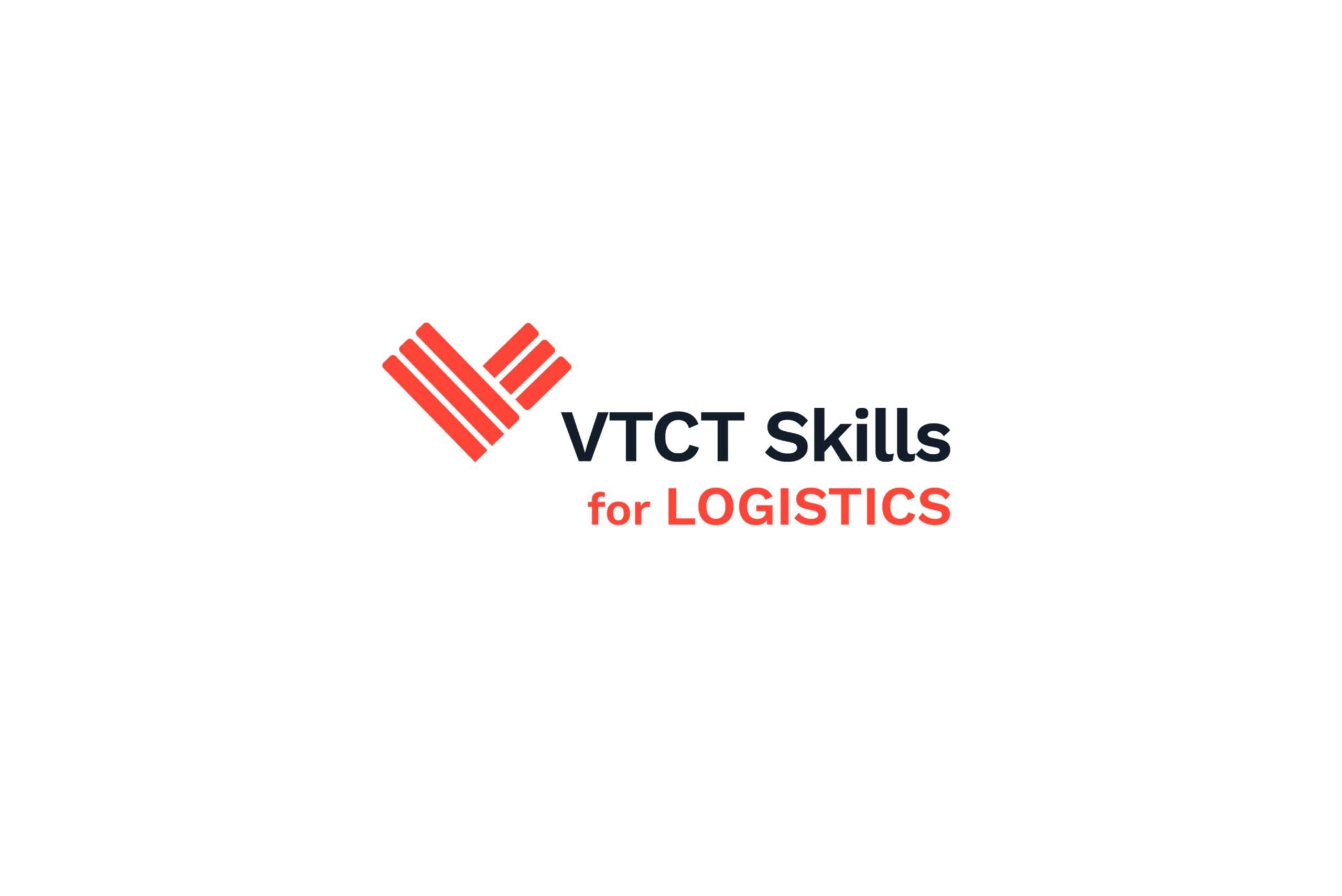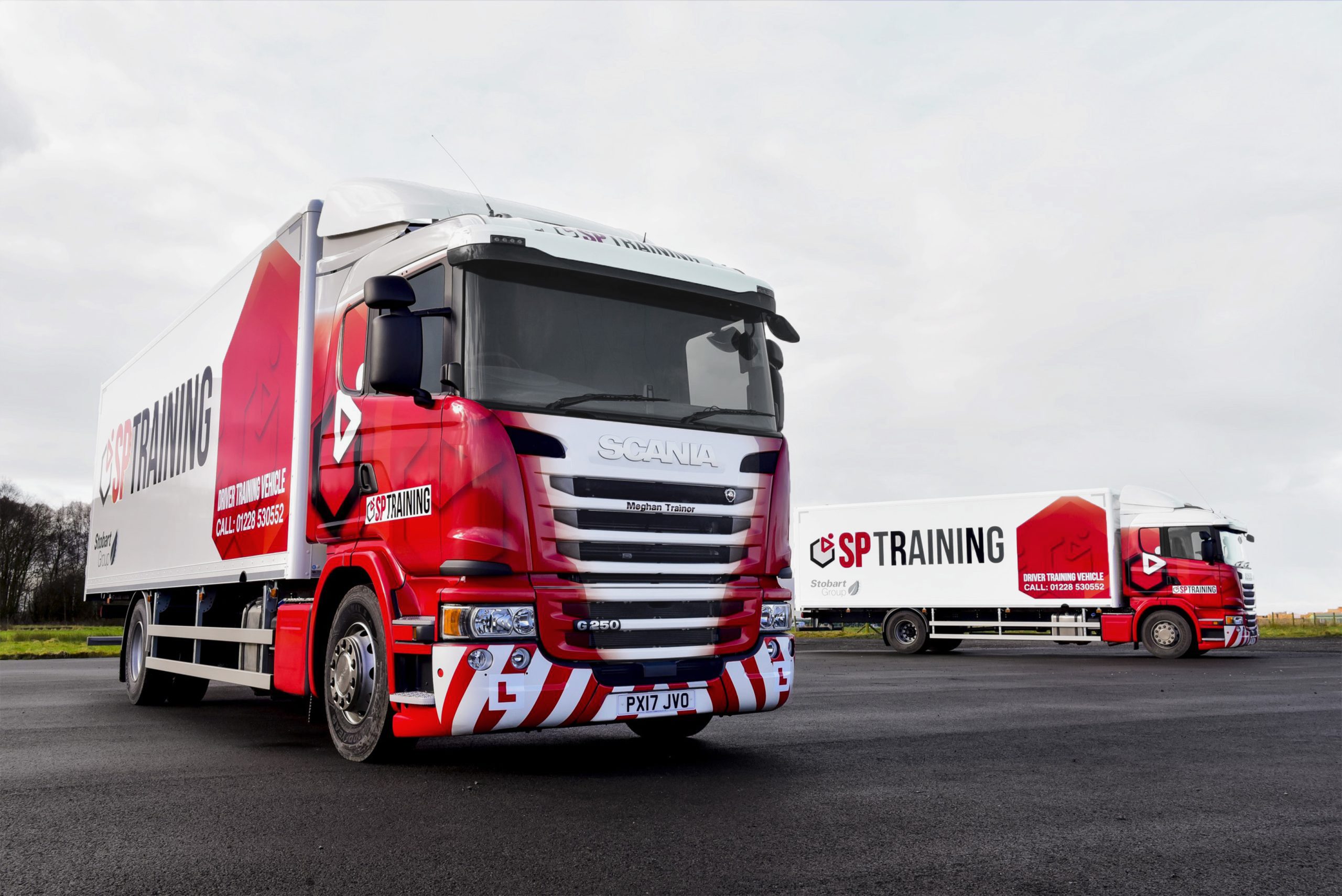The Apprenticeship Levy is a contribution made by employers that have an annual staff salary bill in excess of £3 million pounds.
A Levy paying business will make a monthly contribution, and this is applied to the businesses Levy Pot allowing the business priority access to their contribution.. The individual contribution has a 24-month window for the business to access it. When that expires, the money is absorbed into the National Levy Fund.
Businesses that contribute to the Levy, can access apprenticeships for 100% funding providing they have sufficient funds in their pot. If a business uses all of the funds it has contributed, they can still access the levy fund for 95% funding with a 5% paid contribution.
If a business is a Non-Levy paying employer, they can access that National Levy Fund and apply for 95% funding towards the apprenticeship. This allows smaller businesses the opportunity to access funds to educate and upskill their staff. If the potential apprentice is under 22 years of age, the small business can access 100% funding.
They Levy is a fund that is generally considered a shadow tax. Employers rarely understand how to access this funding and how beneficial it can be for the purpose of investing in their people.








